
Risk Of Prostate Cancer Increases By 45% In Men Who Share This Common Practice
Recent studies have highlighted a startling discovery: men who neglect one crucial habit may face a significantly heightened risk of prostate cancer. This increase in danger has caught the attention of health professionals, who are eager to share insights that could potentially save lives.
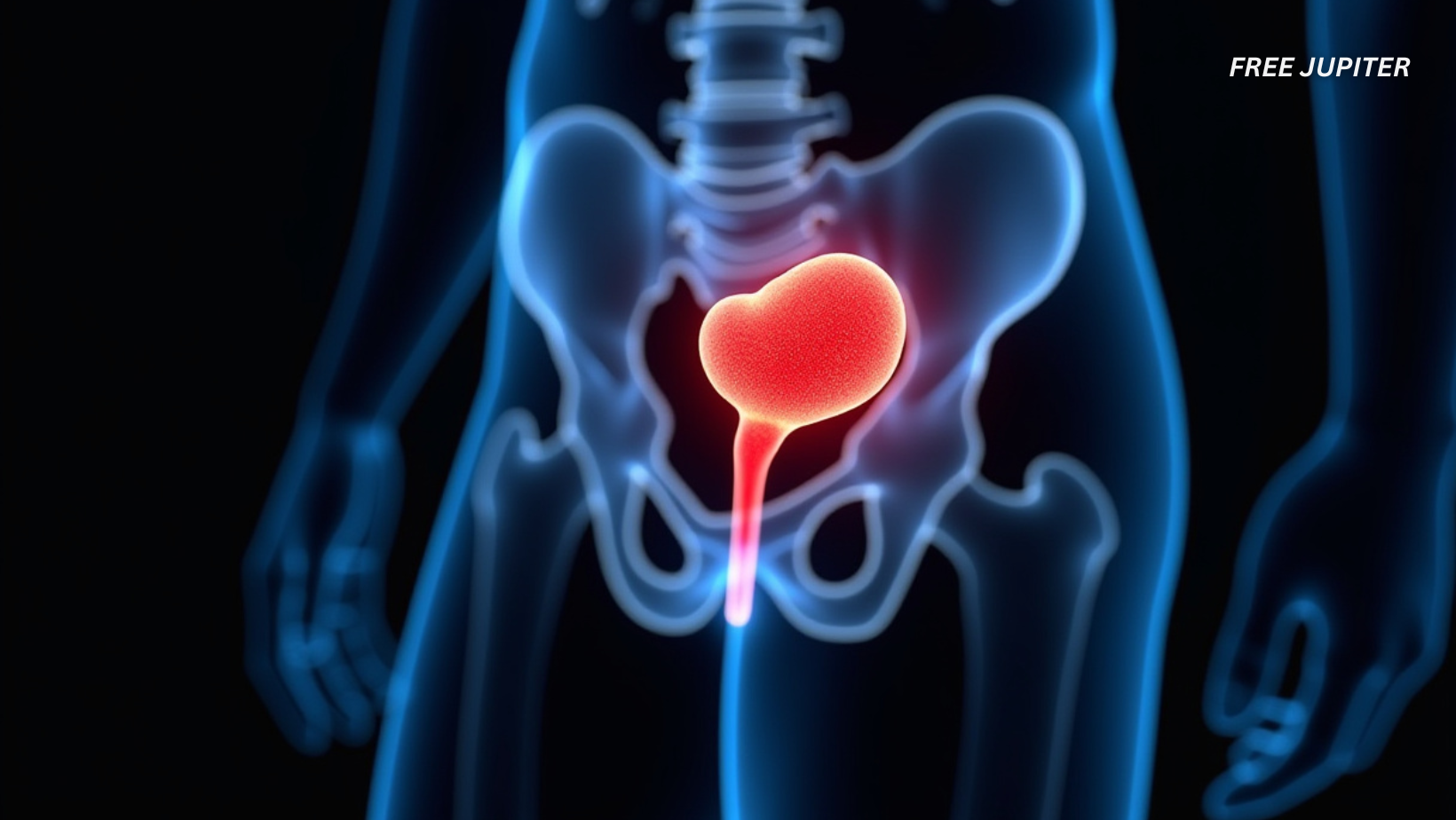
The American Cancer Society notes that roughly one in eight men will confront a prostate cancer diagnosis at some point. It currently stands as the second leading cause of cancer-related deaths in men, falling only behind lung cancer. Though approximately one in 44 men will ultimately lose their battle with this disease, many who receive early diagnoses survive and continue to thrive. The key difference often lies in early detection.
Health experts are sounding alarms over one practice men tend to overlook — skipping regular prostate cancer screenings. By missing these appointments, men could be raising their risk of death from prostate cancer by as much as 45 percent. This simple step, often ignored or postponed, might be the difference between life and death. Many men, due to fear of diagnosis or discomfort with medical procedures, delay these crucial check-ups, unknowingly increasing their vulnerability.
Nationally implemented screening protocols, particularly those utilizing prostate-specific antigen (PSA) testing through blood analysis, could offer a critical advantage. Detecting the cancer at its earliest stages opens the door to timely treatment, drastically improving outcomes. The research supporting this claim is both vast and compelling, with experts emphasizing the necessity of making these screenings a routine part of men’s healthcare.
Data collected over the last 20 years by the European Randomized Study of Screening for Prostate Cancer (ERSPC) paints a clear picture. This extensive study, drawing information from seven European countries and involving tens of thousands of men, consistently points to the lifesaving potential of PSA screenings. According to the ERSPC, regular screenings can slash the risk of dying from prostate cancer by around 20 percent. These numbers are not just statistics—they represent real lives saved, families spared from heartache, and countless men given a second chance at life.
![Tổng hợp] Top 10 Địa chỉ chữa viêm vùng chậu uy tín tại TpHCM](https://phongkhamdakhoaquocte.vn/wp-content/uploads/2020/06/cach-dieu-tri-viem-vung-chau.jpg)
Despite the wealth of evidence, a worrying trend has emerged. Fewer men are attending these crucial consultations. This drop in attendance has been linked to a corresponding rise in the likelihood of death from prostate cancer. The contrast between those who attend and those who do not is both stark and alarming. Medical professionals stress that even men with no apparent symptoms should prioritize these screenings, as prostate cancer is often asymptomatic in its early stages.
The research, spearheaded by scientists from the Erasmus MC Cancer Institute at the University Medical Centre in the Netherlands, involved a sample group of 72,460 men. The findings were clear. Approximately one in six men were categorized as non-attenders, having missed every scheduled appointment. These individuals faced a 45 percent higher risk of death from prostate cancer when compared to their counterparts who attended screenings.
Read more: Cancer Rates Are 82% Higher In Young Women Than In Men: ‘Something Broader Is Going On’
Men who did participate in screenings saw tangible benefits. Their risk of dying from prostate cancer dropped by 23 percent. On the flip side, those who skipped appointments faced a 39 percent higher likelihood of death. This pattern of avoidance, experts believe, could be rooted in a broader tendency to shy away from healthcare and preventive measures. Societal stigmas surrounding men’s health, combined with a reluctance to discuss medical concerns, further exacerbate this issue.
Dr. Renée Leenen, the study’s lead author and a respected expert from the Erasmus MC Cancer Institute, offered her thoughts on these findings. She suggested that those who miss screenings may be ‘care avoiders’ — individuals who generally neglect preventive health care and other beneficial practices. In contrast, men who prioritize screenings often lead healthier lifestyles and remain vigilant about their well-being. This highlights the importance of fostering a proactive approach to health, rather than a reactive one.
According to Dr. Leenen, understanding these behaviors is crucial. Healthcare professionals need to delve deeper into why certain men opt out of screenings. Gaining this understanding could pave the way for more effective population-based prostate cancer screening programs, designed to encourage participation across all demographics. Increasing attendance, she believes, could play a pivotal role in the success of national screening initiatives. Doctors and public health organizations must work together to break down barriers that prevent men from seeking preventive care.
The data and conclusions from this research are set to be shared at the upcoming European Association of Urology (EAU) Congress in Madrid, Spain. The presentation aims to shed light on these pressing issues and inspire actionable change across Europe and beyond. With mounting evidence supporting the importance of screenings, health organizations are advocating for more widespread awareness campaigns and accessible screening programs.
For men, the message is simple but vital. Regular screening can save lives. Prostate cancer, when caught early, is far more manageable. The consequences of avoidance can be tragic.
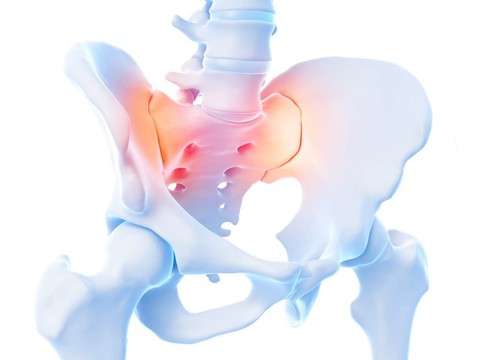
Interestingly, the correlation between healthcare habits and cancer mortality rates goes beyond mere attendance. Men who are proactive in other aspects of their health — such as maintaining a balanced diet, exercising regularly, and managing stress — are more likely to attend screenings. This cumulative effect reinforces the idea that good health practices often go hand-in-hand. Encouraging a holistic approach to health may help bridge the gap between awareness and action.
A reluctance to visit the doctor may be attributed to fear, denial, or simply a busy lifestyle. Unfortunately, these reasons can lead to dire outcomes. Healthcare providers are urged to not only offer accessible screening programs but also to focus on education. Raising awareness about the importance of early detection could encourage more men to make their health a priority. Personalized outreach programs and community health initiatives can play a crucial role in shifting perceptions.
Read more: Specific Protein Found To Keep Cancer Cells Dormant: Study
Programs tailored to address these barriers could revolutionize prostate cancer outcomes on a national scale. Flexibility in scheduling, outreach in communities where healthcare avoidance is common, and targeted messaging can all make a difference. Furthermore, digital health tools, such as reminder apps and virtual consultations, could help encourage men to prioritize screenings.
Moreover, PSA screening itself has evolved. Previously, some skepticism existed regarding overdiagnosis and unnecessary treatments. However, recent advancements in screening methods and follow-up care have mitigated many of these concerns. Today’s protocols are more refined, aiming to balance the benefits of early detection with the risks of overtreatment.
Doctors now have more tools at their disposal to differentiate between slow-growing cancers that may never cause harm and aggressive forms that require immediate attention. These improvements make PSA screenings even more valuable. Cutting-edge imaging techniques, genetic testing, and biomarker analyses further enhance diagnostic accuracy.
In addition to PSA tests, other diagnostic tools and techniques have been developed. MRI scans and biopsies, for instance, offer additional layers of accuracy in diagnosis. Combined, these approaches enhance the chances of identifying cancers that genuinely need intervention.
The psychological aspect of screening cannot be overlooked. Men who participate in these health checks not only gain peace of mind but also strengthen their relationship with healthcare providers. This rapport can foster an environment where questions are welcomed, and concerns are addressed early. Open communication is essential in ensuring that men feel empowered rather than anxious about their health.
For those hesitant to undergo PSA testing, healthcare professionals recommend starting with open conversations. Discussing family history, lifestyle factors, and individual risk can help men make informed decisions about their health.
Prostate cancer, while serious, is not always an immediate death sentence. Many cases progress slowly, and when caught early, patients have a range of treatment options. Surgery, radiation, hormone therapy, and active surveillance are among the common approaches. Each case is unique, and medical teams work closely with patients to choose the best course of action.
The financial burden of late-stage cancer treatments can be enormous. By contrast, early detection and intervention often result in simpler, less invasive treatments and better quality of life. On a broader scale, national screening programs could save healthcare systems billions of dollars while saving countless lives.
News in the same category

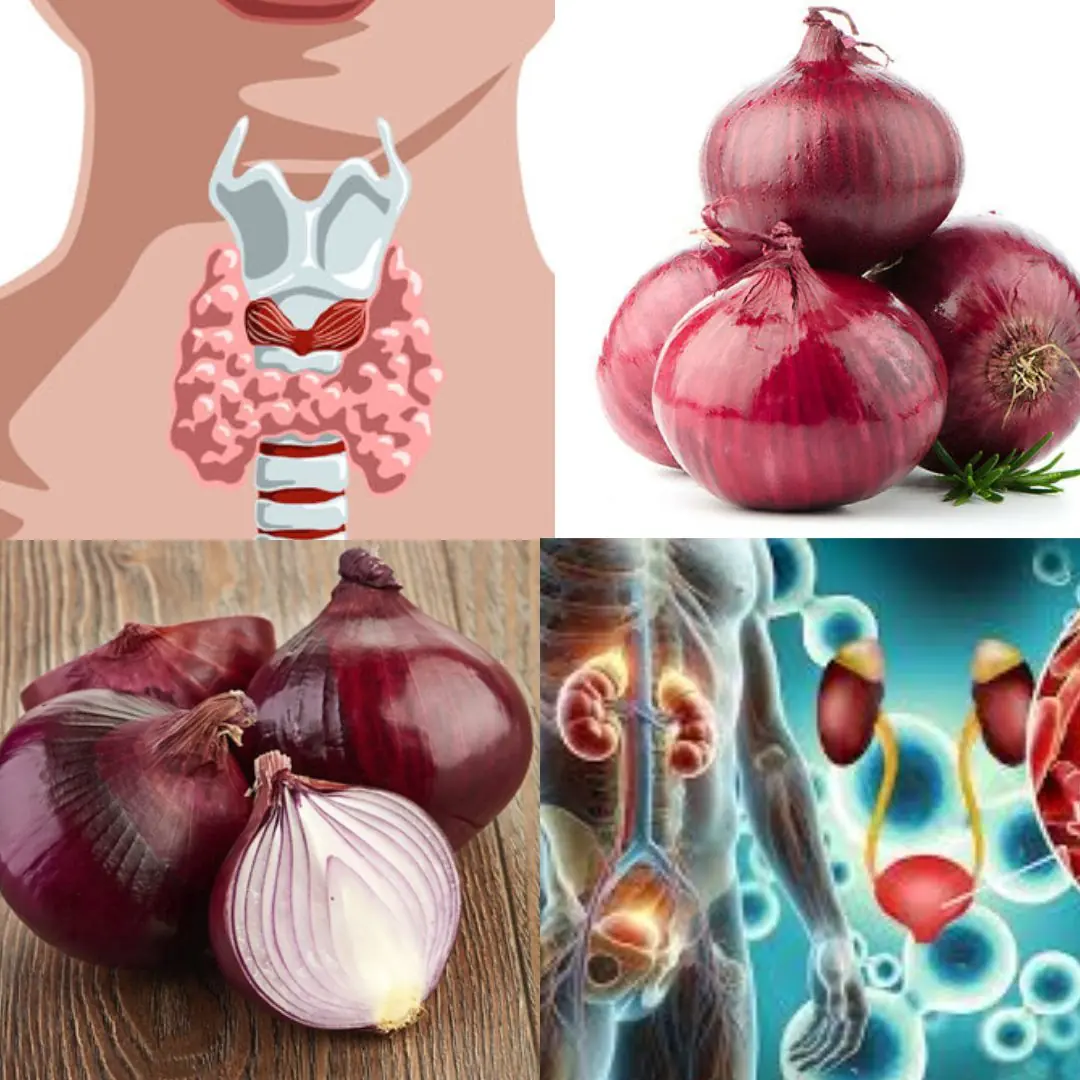
Euphorbia Hirta (Asthma-Plant): Ancient Remedies and Modern Applications for Health and Wellness

Doctor Warns Against This One Thing If You Wake Up at Night
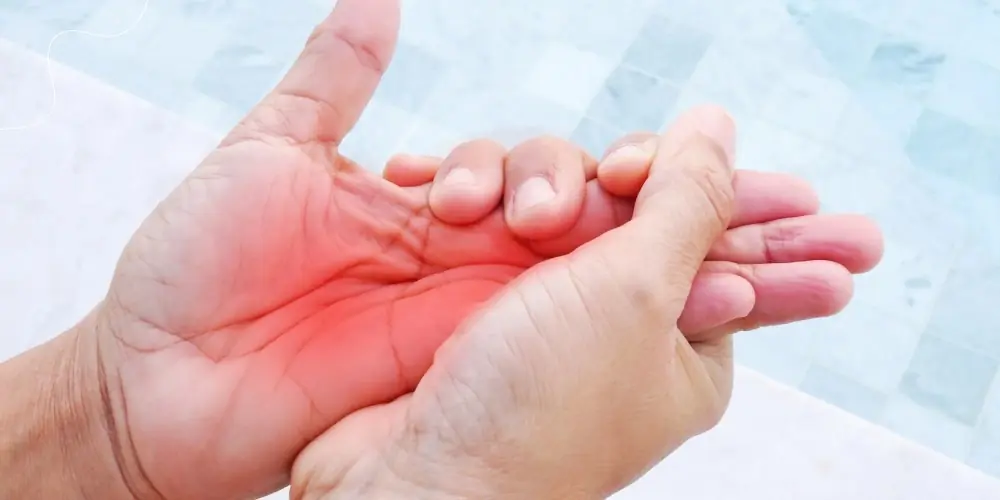
Reasons You Could Have Numbness or Tingling Sensations in Your Hands

A Well-Known Shampoo Is Being Withdrawn Immediately Due To Bacteria That Can Kill One In Ten Patients

9 Reasons Why You Should Eat Okra Multiple Times a Week

What’s In Your Mouth Could Be Triggering Alzheimer’s, Scientists Say
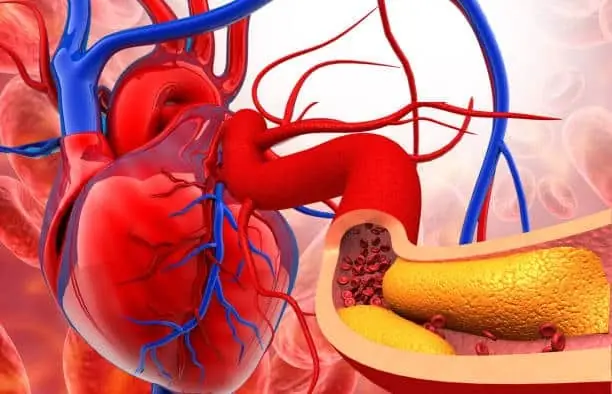
10 Signs You're Living With Clogged Arteries
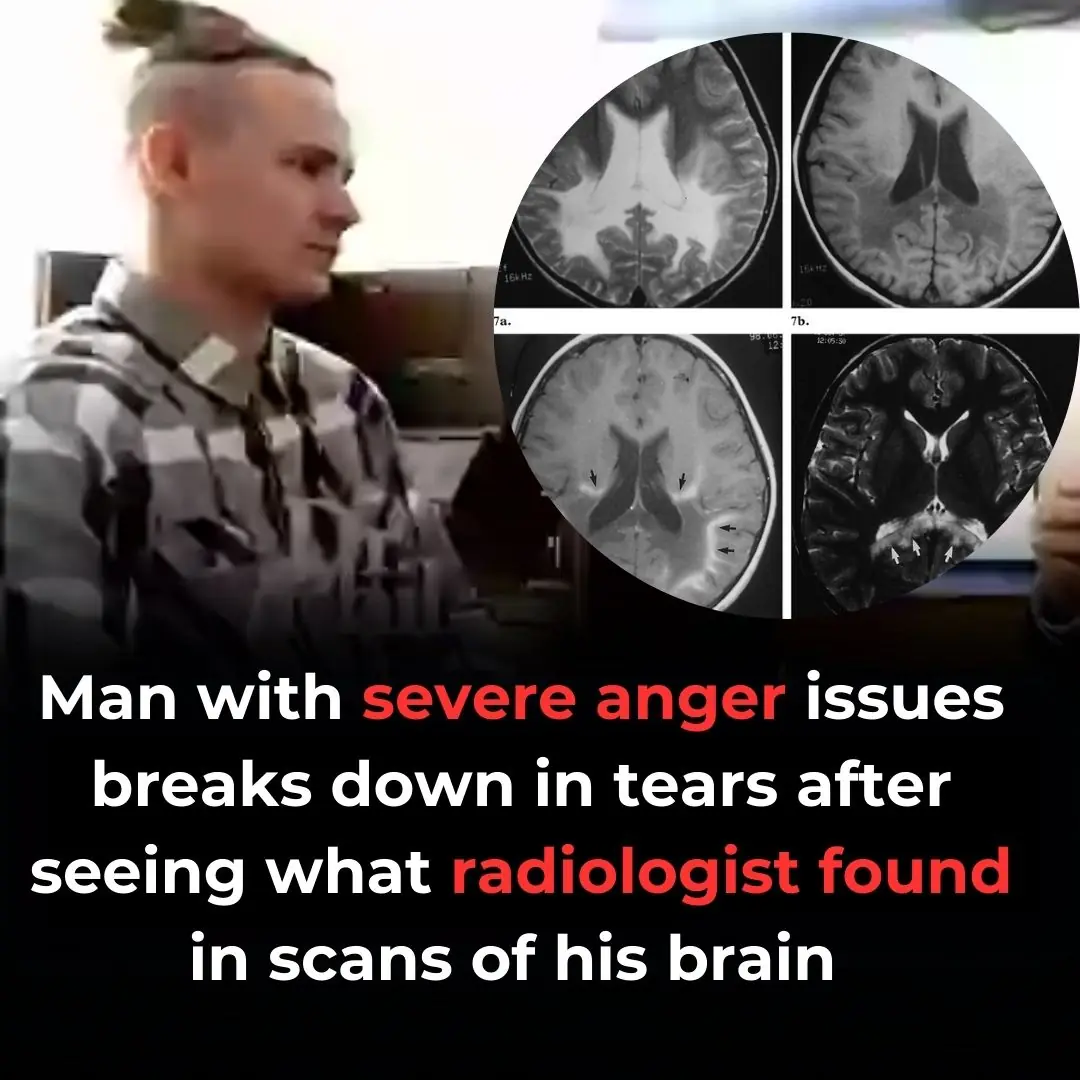
Man with severe anger issues breaks down in tears after seeing what radiologist found in scans of his brain

How to Treat H. Pylori Bacteria Causing Heartburn and Bloating + Natural Remedies
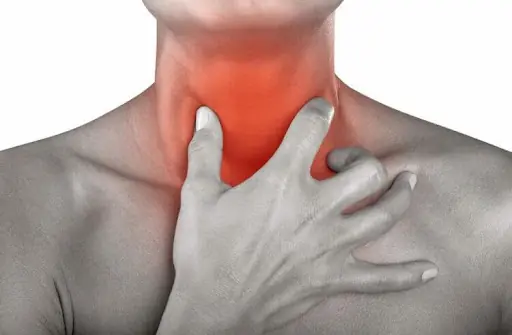
8 Ways To Get Rid Of Phlegm And Mucus In Chest And Throat
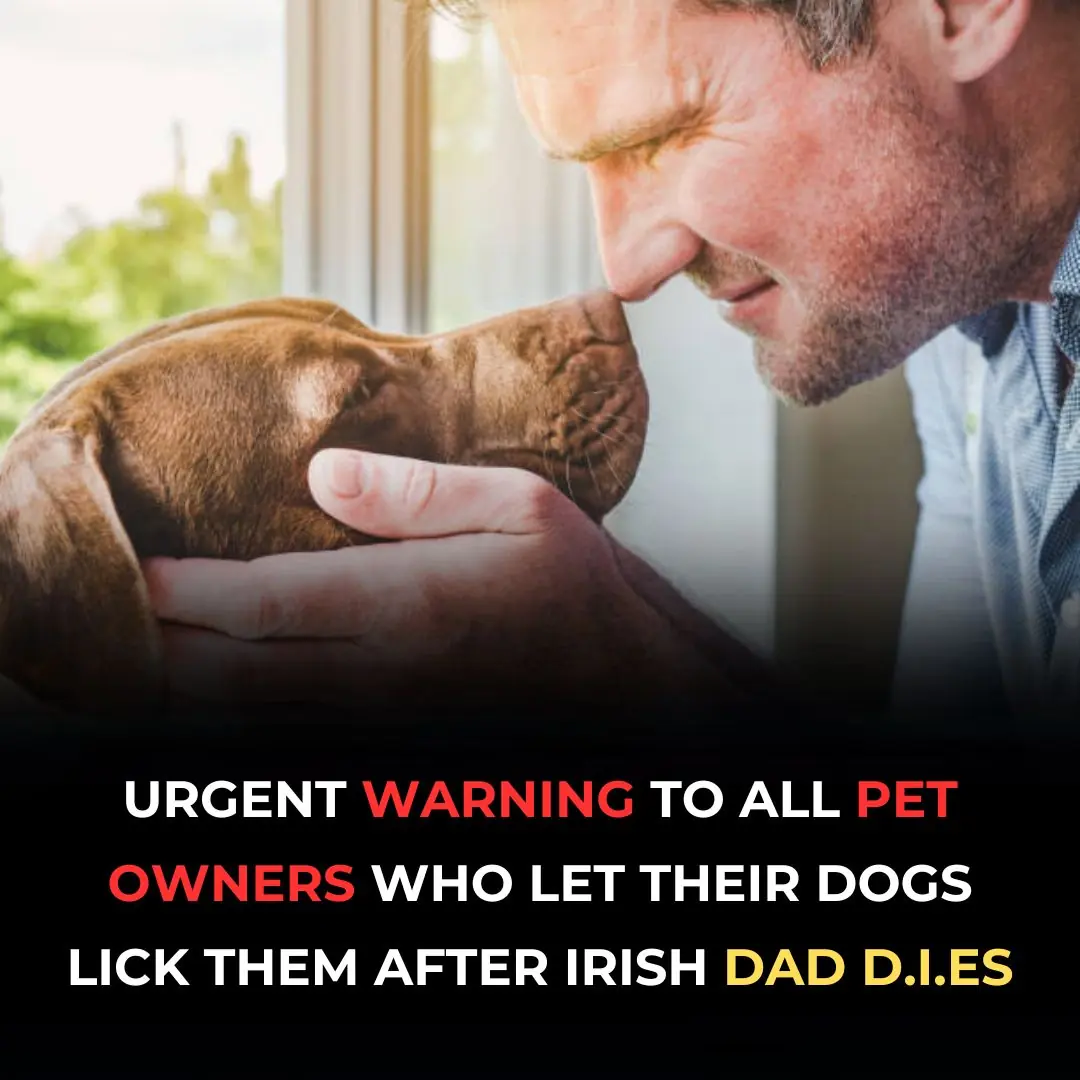
After A 49-Year-Old Father Of Two Passes Away, There Is An Urgent Warning For All Pet Owners Who Allow Their Dogs To Lick Them

8 of the Best Anti-Cancer Foods. It’s Time to Start Adding Them to Your Diet

Getting Annoyed By Chewing Sounds Is a Genuine Psychiatric Disorder
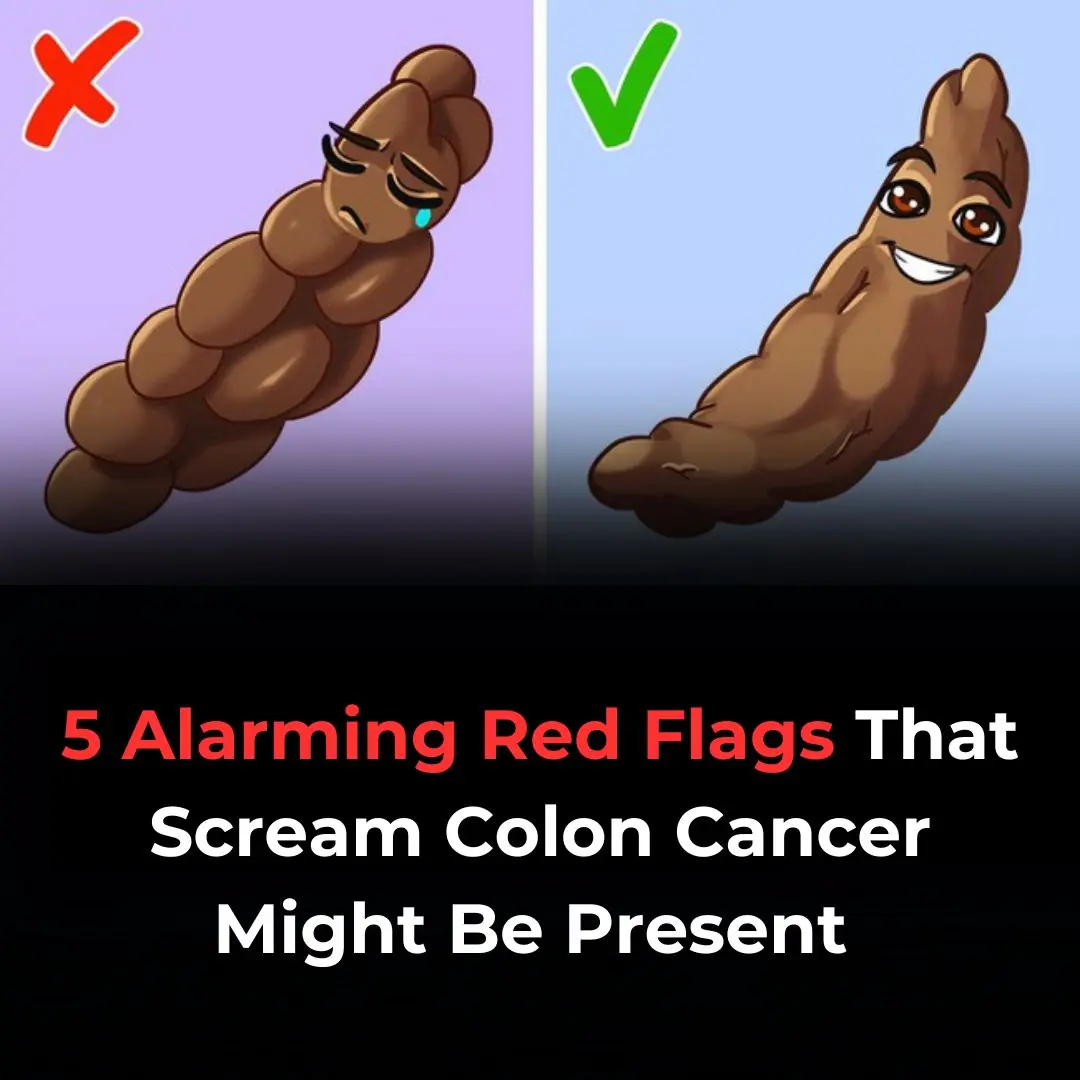
5 Concerning Red Flags That May Signal Colon Cancer
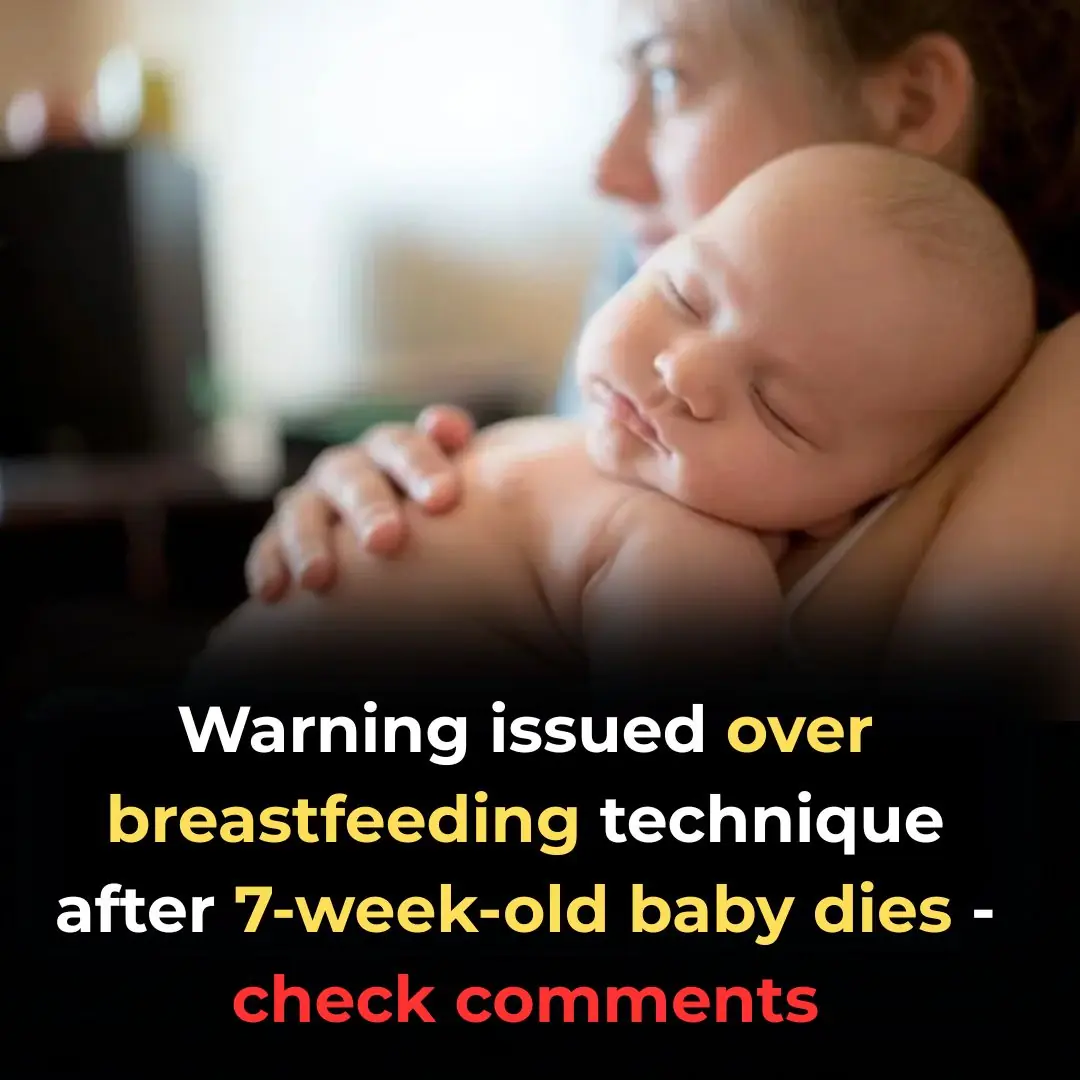
End-of-life nurse shares the most disturbing behaviors seen in those nearing death

**Say Goodbye to Skin Tags and Warts: Easy Removal with Hydrogen Peroxide**

What Does It Signify When You Dream of a Deceased Loved One?
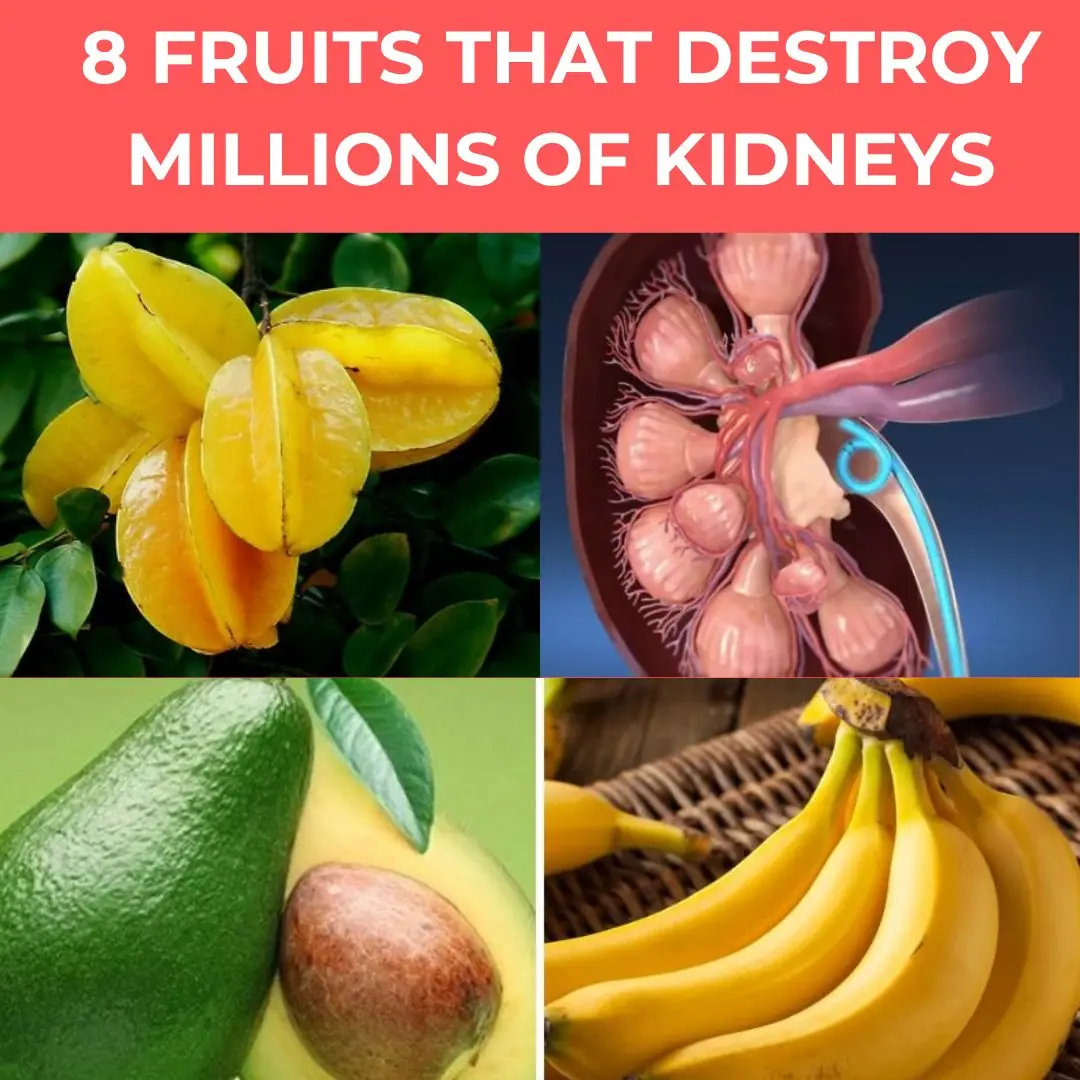
8 Fruits That Can Harm People with Kidney Disease
News Post

Banana Peels as a Natural Ant Repellent: A Safe and Eco-Friendly Solution

1 year ago 1 year ago Peace Lily Care Guide: Key Tips to Ensure Its Flourishing Growth

THIS DOUBLES Your Testosterone Naturally in 7 Days!

10 Remarkable Health Benefits of Pigweed Greens You Need to Know

Euphorbia Hirta (Asthma-Plant): Ancient Remedies and Modern Applications for Health and Wellness

Yarrow: A Natural Herb with Powerful Health Benefits

Onion peels and cloves: a simple hair growth remedy from Grandma's time
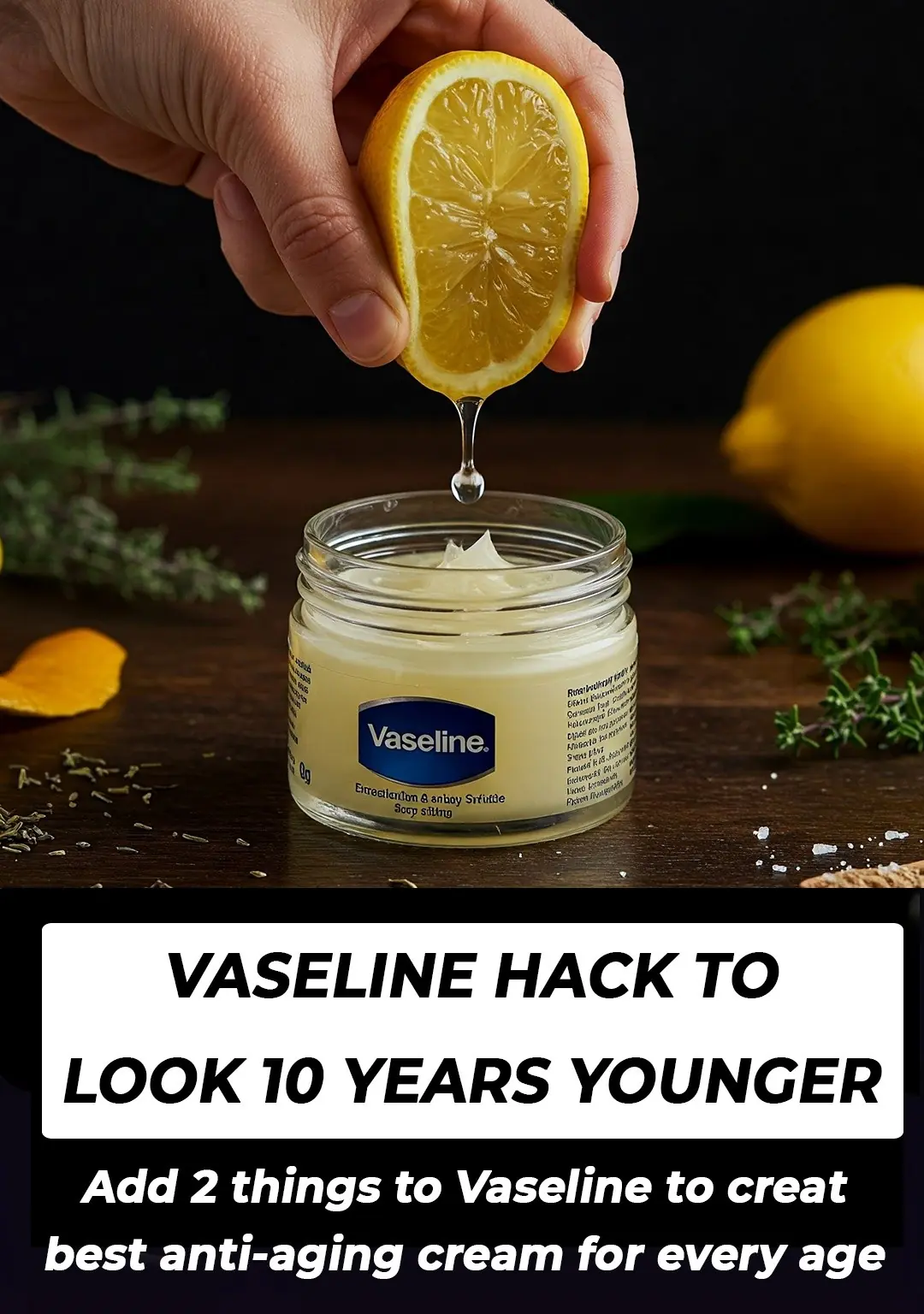
Vaseline to look 10 years younger
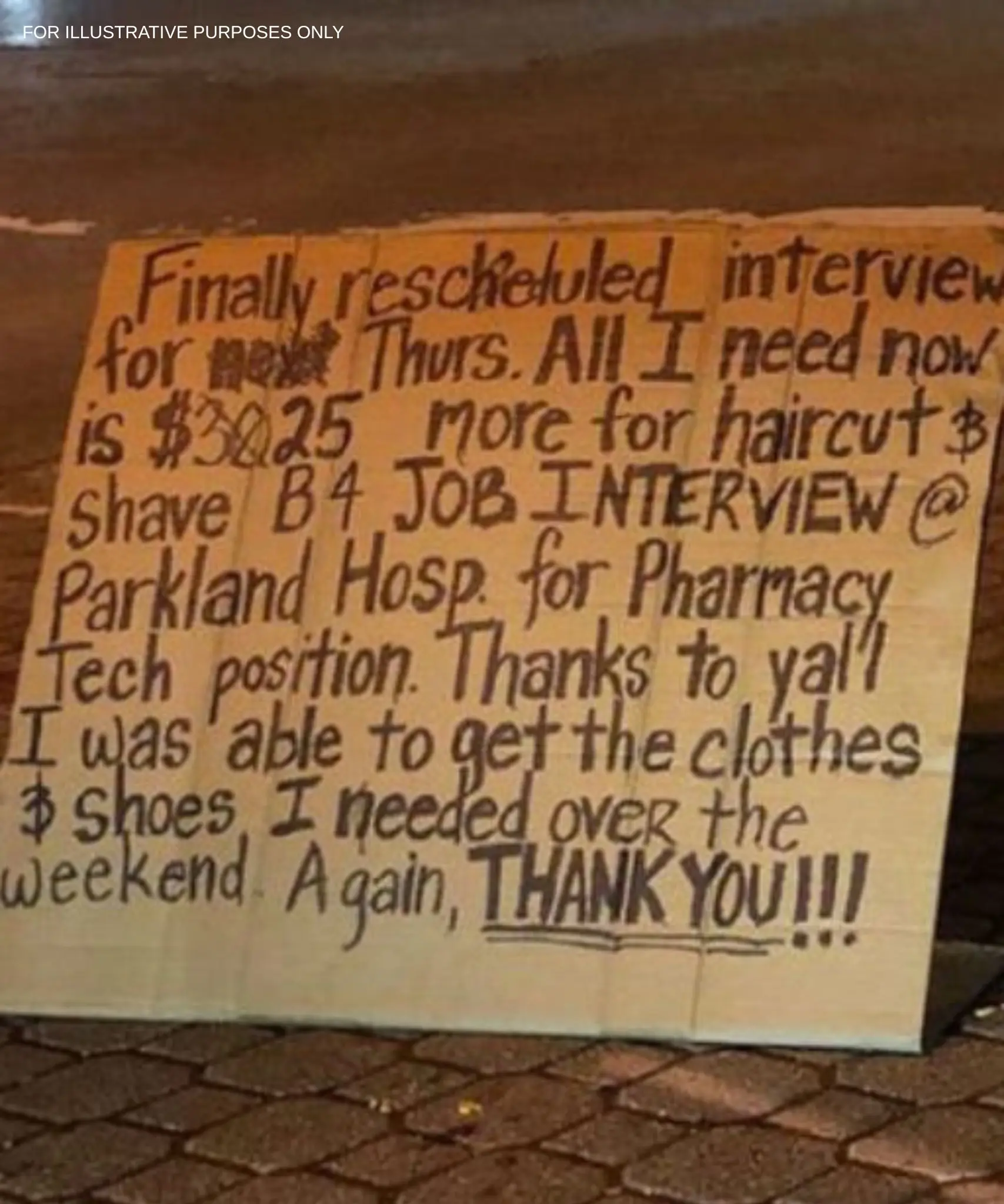
HE JUST NEEDED $25 FOR A HAIRCUT—BUT WHAT HE DID WITH IT SHOOK ME

When my son innocently revealed that my husband had been secretly driving a brighter car with a woman I knew nothing about.

Doctor Warns Against This One Thing If You Wake Up at Night

Reasons You Could Have Numbness or Tingling Sensations in Your Hands

A Well-Known Shampoo Is Being Withdrawn Immediately Due To Bacteria That Can Kill One In Ten Patients

Why Was My Son Left Out? A Text Revealed the Truth

Three Became Fathers in a Day—One Text Changed Everything

"Unbelievable Coincidence: The Orphanage Held a Carbon Copy of Our Child!"

The Hidden Weight of Childhood: A Journey of Independence, Compassion, and Unspoken Secrets

There were cops in my yard, and as an african american family, my mind was full of negative thoughts
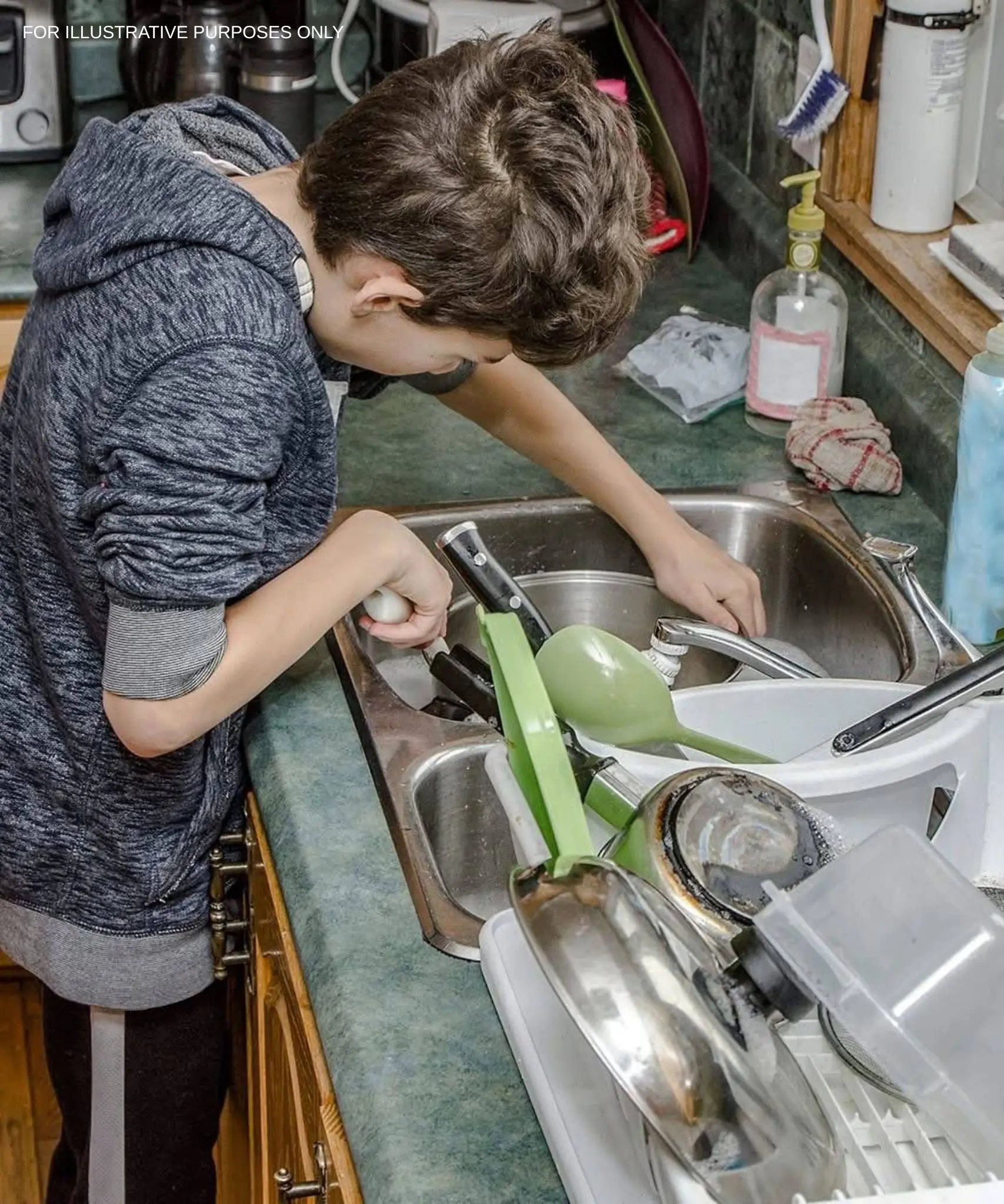
I Always Thought Housework Was a Breeze—Until My Son Taught Me a Lesson I’ll Always Remember

I Helped Plan a Family Cruise for My Dad and Stepmom & They Invited Me Too—I Didn't Know They'd Turn Me Into the Nanny
I thought joining my dad and stepmom on a family cruise would bring us closer. Instead, I found myself stuck in a tiny cabin with two kids and a long list of responsibilities no one warned me about.